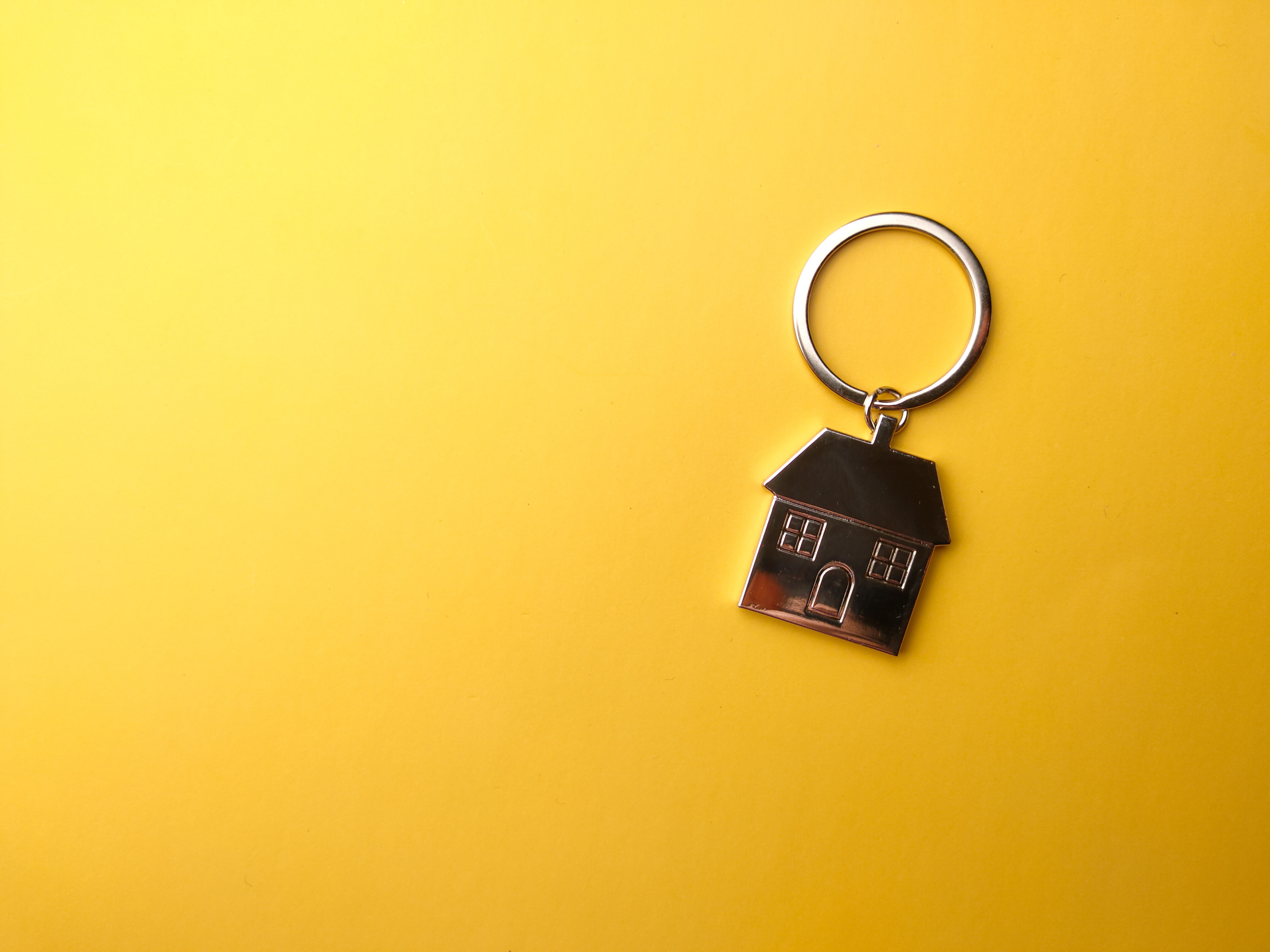
There is little luxury in moving homes. Show me someone who thinks otherwise and I'll eat crow. The boxing, the unboxing, limited storage space, the limbo in ownership, or the overlap in ownership, it's all ghastly. Add in the expenses that go along with it and it's a wonder why people bother moving at all.
Luckily, there are short-term financing options with moving in mind.
Bridge Loan vs. Home Equity Loan: Your Short-Term Financing Options
The process of looking for and paying for a new home while still paying off your current home is a daunting, but necessary task. Unless you choose to rent in between the transition, which means finding temporary lodgings and furniture storage.
While we often associate home buying with 25-year mortgages at fixed interest rates and high borrowing amounts, there is another category of financing meant to serve your short-term needs. Bridge loans and home equity loans cover the costs of the awkward transitional phase between your current and new home. Whether that be the cost of a down payment while your current home is still on the market in Minnesota, or funding temporary living and storage space after the sale and before the move-in of your new home, there are short-term financing options for those who are looking for assistance with moving expenses.
How They Differ
Bridge loans and home equity loans both use the equity in your home as collateral, but how it is used and why it is used tend to differ. To really understand the difference between bridge loans vs. home equity loans and how they can best suit your home financing needs, we're going to walk through the advantages and disadvantages of each.
Bridge Loan Advantages
Bridge loans are a good temporary loan option to 'tide' individuals over until they can secure a more permanent method of home financing. Additional advantages include:
Secured by Property You Own
With bridge loans, lenders use your existing property as collateral so that they can guarantee payments by placing a lien on your home. This makes bridge loans a more favorable option to unsecured personal loans for those in difficult financial situations.
Helps You Purchase a New Home
Bridge loans are usually a smaller amount that cover around 3% of the purchase price of your new home. The smaller amount provides the funds you need to buy while your current house is still listed. For example, you can put a down payment on a new home without having to use the profits from selling your old one. Then once you close on your new home, you can pay it off.
Shorter Term
A smaller loan amount means a shorter loan term. Bridge loans typically have a term between 6 months and 3 years depending on the lender and desired monthly payments. With that said, bridge loans have the flexibility for payments to be deferred or interest-only until the home is sold.
Bridge Loan Disadvantages
With every up, comes a down. Bridge loan disadvantages include:
Higher Variable Interest Rates
Bridge loans tend to have shorter lifespans, and therefore relatively higher interest rates. That loan interest rate could also be variable, meaning it will increase over time.
Relies Heavily on Home Sale
Another disadvantage to having that shorter-term loan is that you have a shorter amount of time to sell your home. Crazy that this might be the case considering the current hot housing market in Minnesota, but if your current home is unable to sell in that 6 to 12 month time frame, that would create problems with your loan repayment and new home purchase.

Home Equity Loan Advantages
Home equity loans are more common for homeowners because of the following advantages:
Lower Rates and Fees
When it comes to interest rates and fees, home equity loans vs. bridge loans tend to be lower. This is because home equity loans are secured by your property rather than an unsecured form of borrowing like personal loans or credit cards. That lower interest rate also tends to be fixed for the entirety of the loan.
Can Be Used for Other Needs
Home equity loans are disbursed as a lump sum that can be used similarly to a refinance — wherever it's needed most. Where bridge loans are usually due once your current property sells, home equity loans allow you to be proactive in your financial planning.
Possible Tax-Deductible Interest
A potential benefit of home equity loans is the tax write-off. Up to $100,000 of the interest paid on a home equity loan may be tax-deductible if you use the money to substantially improve the property used as collateral to secure the loan.
*Consult with a tax expert to check your eligibility and tax exemptions.
Home Equity Loan Disadvantages
Because home equity loans are more common, there are more restrictions and risk involved. Disadvantages include:
Requires Good Credit and Substantial Equity in Home
One main disadvantage to home equity loans is that they are harder to qualify for due to personal credit score and financial history requirements. There is a price to pay for getting lower interest rates, and that is having an excellent credit score and generally between 15% - 20% in equity in your property.
Could Lose Home
Because your home is being used as collateral for the loan, if you default, your financial institution could foreclose on your home. Similarly, if your home value declines, you could owe more on your home than it is worth, making it harder to sell / turn a profit.
The Best Option for You
Bridge loans vs. home equity loans, residential loans vs. commercial loans, SBA 7(a) vs. SBA 504 — oh my! There is no way of knowing which truly is your best mortgage option until talking with an experienced lender with a no-nonsense approach to banking and a dedication to investing in you.









